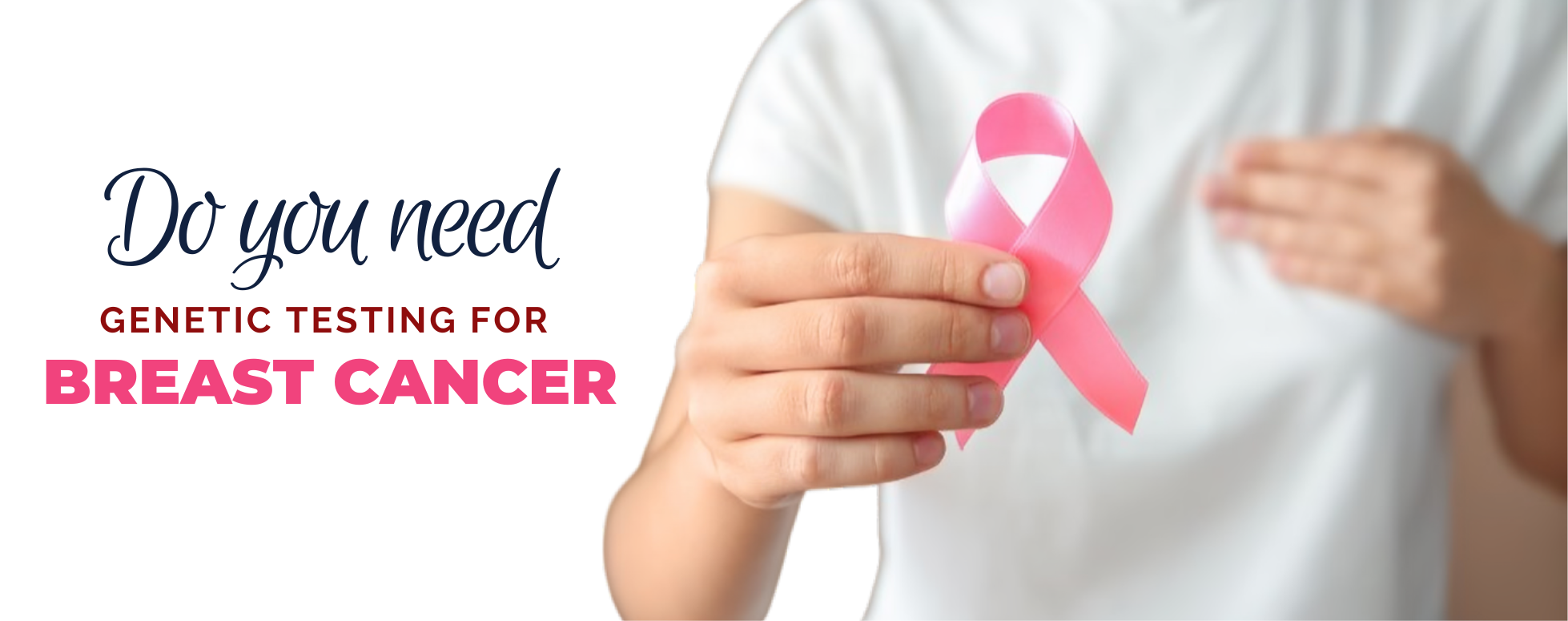Understanding the Importance of Genetic Testing in Breast Cancer Risk Assessment
Breast cancer remains one of the most common cancers affecting women worldwide. While many factors contribute to its development, including lifestyle and environmental influences, genetics play a significant role in determining an individual’s risk. For those with a family history of breast cancer, understanding the potential benefits of genetic testing is essential in assessing one’s risk and determining appropriate preventive measures.
Understanding Genetic Testing for Breast Cancer
Genetic testing for breast cancer typically focuses on identifying mutations in specific genes that are linked to an increased risk of the disease. The most well-known of these is the BRCA gene. There are two main types of BRCA genes: BRCA1 and BRCA2, both of which are critical for maintaining the integrity of DNA. When these genes are mutated, their ability to suppress tumors is compromised, leading to an elevated risk of breast cancer and other malignancies.
BRCA Gene Testing and Its Importance
BRCA gene testing, or BRCA test, is a specialized genetic test that examines an individual’s DNA to identify mutations in the BRCA1 and BRCA2 genes. If you have a family history of breast cancer, genetic testing for the BRCA gene can provide valuable insights into your risk factors. Studies have shown that women with BRCA1 mutations have a 55-65% chance of developing breast cancer by age 70, while those with BRCA2 mutations have a 45% chance.
For many, undergoing genetic testing can be a pivotal step in the journey toward personalized medicine. Understanding your genetic makeup allows healthcare providers to tailor screening and preventive strategies based on your specific risk profile. For instance, if you test positive for BRCA mutations, more frequent cancer screenings, such as mammograms and MRIs, may be recommended to monitor for early signs of breast cancer.
Assessing Your Risk Factors
In addition to genetic testing, it is crucial to consider other risk factors associated with breast cancer. A family history of breast cancer is a significant indicator, particularly if multiple family members have been affected at a young age. Other factors may include age, personal health history, and lifestyle choices. Understanding these elements can aid in discussions with healthcare providers about the necessity of genetic testing and personalized screening plans.
Prophylactic Measures and Treatment Options
If genetic testing reveals a BRCA mutation, individuals may explore various proactive options to reduce their risk of developing breast cancer. Prophylactic mastectomy (removal of healthy breast tissue) and oophorectomy (removal of ovaries) are two surgical options that some choose to significantly lower their risk. These decisions are highly personal and should be made in consultation with healthcare professionals who can provide guidance based on individual circumstances.
Conclusion
Genetic testing for breast cancer is an important tool for those with a family history of the disease. By identifying mutations in the BRCA gene, individuals can gain a clearer understanding of their risk factors and take proactive steps toward prevention. With advancements in personalized medicine, the opportunity for tailored screening and preventive measures is more accessible than ever. If you are considering genetic testing for BRCA gene mutations, consult with a healthcare provider to discuss your family history, risk factors, and the potential benefits of this valuable testing. The journey of understanding your genetic predisposition to breast cancer can empower you to make informed decisions about your health and well-being.

